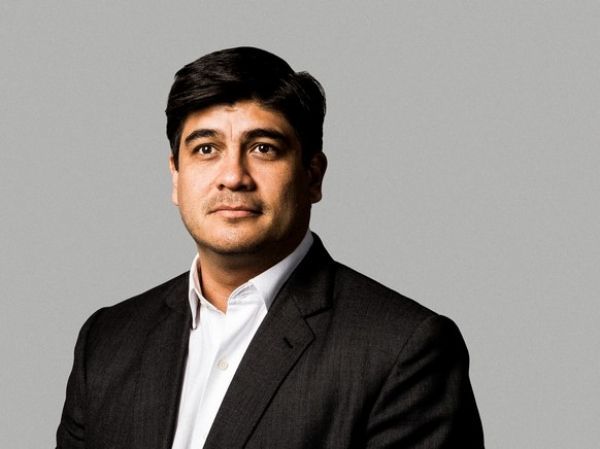Carlos Alvarado Quesada has heard all the naysayers before. In February, the 39-year-old president of Costa Rica committed to ridding the country of fossil fuels by 2050. If successful, Alvarado's plan could make Costa Rica the first zero-emissions country.
But with a population of a mere 5 million, this leafy Central American nation is not a major contributor to the world's climate crisis. So why bother? "People ask me a lot, why do this if you are so small," Alvarado said in a meeting last week with editors at WIRED's San Francisco office. "They say, you're not going to move the needle or affect the scale of the problem." China, the US, and India hold the dark distinction of leading the emissions charts, and the top 10 emitters account for almost 70 percent of greenhouse gasses. Costa Rica's emissions barely register in the global carbon belch-athon that's throwing the climate into disarray.
But Alvarado—who studied journalism and published three novels before assuming the presidency—views the situation the way a writer might. He talks of the importance of stories in shaping human behavior. "What I believe we lack, to some extent, is one of the strongest drivers of humankind that we have," he says. "That is narrative. Framing." Costa Rica can be an example of what can be done, he argues, a success story to contrast with the bleakness of climate projections.
Read more at Wired
Image: President Carlos Alvarado Quesada explains Costa Rica's new plan to ditch fossil fuels and how it could inspire others to do the same. (Credit: Samantha Cooper)


